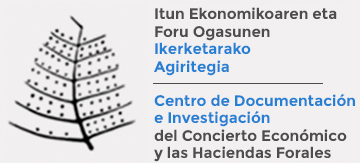More than half of the EU countries have become poorer and more unequal since the start of the crisis in 2008. Despite lack of timely household micro data, using microsimulation techniques with up-to-date information on policy rules enables us to estimate the direct effect of tax-benefit policy changes in 2008-2014 on the income distribution, poverty and inequality levels in 10 EU countries, as well as track most recent trends by evaluating policy effects in 2013-2014. We identify and quantify these effects using the EU tax-benefit model EUROMOD to construct relevant counterfactual scenarios.
Our results indicate that among these countries, most managed to pursue policies without adverse distributional effects, despite of challenging economic problems in this period. However, this has been accompanied by reductions in household income in several countries. There have also been some cases of clearly regressive changes in particular policy instruments.
Overall, our results demonstrate the importance of comprehensive regular indexation to avoid the erosion of benefit amounts and tax thresholds over time, and specific population groups systematically gaining or losing relative to others.


